Photographs: Shaun Roy/Gallo Images/Getty Images
A look at the some of the famous bowlers who have been reported for suspect action.
The menace of suspect bowling action is cricket's biggest headache since the last couple of decades.
Pakistan off-spinner Saeed Ajmal is the latest casualty after being reported for a suspected illegal bowling action during his side’s seven-wicket loss in the first Test against Sri Lanka at Galle International Stadium last Sunday.
The umpires cited concerns over a number of deliveries that were considered to be suspect and concluded that the bowler’s action needed to be tested, which he will need to undergo within the next 21 days.
Ajmal joins a long list of international bowlers, mainly off-spinners, who have come under a cloud of doubt for suspect action in the last 15-20 years. They include big names like Muttiah Muralitharan and Harbhajan Singh.
Concerned about the growing menace of chucking, the ICC's cricket committee recently said the current methods to detect illegal bowling actions are not adequate and umpires should be more confident in reporting violators.
The committee felt more needs to be done to check them.
Following Ajmal's censure, and that of Sri Lankan off-spinner Sachithra Senanayake during the series against England earlier, we look at the some of the famous names to reported for suspect action:
Saeed Ajmal (Pakistan)
This is the second time that Saeed Ajmal has been reported for suspect action, the first being in 2009.
In 2009 his action was cleared after an independent analysis ruled his action was within the 15-degree level of tolerance permitted in the ICC regulations.
There was also some controversy in 2012 over his action after Ajmal himself told the BBC that the ICC had allowed him the extension of upto 23.5 degrees since he was hampered by an accident.
‘Someone is telling me my action is bad because the ICC allowed me as a bowler 23.5 degrees, because my arm is not good. A few years ago I had an accident. Otherwise, no problem, the action was cleared by ICC,’ he was quoted as saying.
...
Suspect bowling: Action-Reaction
Image: Muttiah Muralitharan of Sri LankaPhotographs: Simon Cross/Getty Images
Muttiah Muralitharan (Sri Lanka)
Legendary Sri Lanka off-spinner Muttiah Muralitharan, who took 800 wickets in 133 wickets, was under a cloud of suspicion over the legitimacy of his action.
Muralitharan underwent bio-mechanical analysis of his action thrice, in 1996 and 1999, after he was reported for suspect action, following which he was cleared to bowl in international cricket.
It was because of Muralitharan and his unusual extension of the elbow the new law of 15 degrees was introduced by the ICC in 2005.
Muralitharan was famously called 'no-ball' seven times in three overs for 'chucking' by Australian umpire Darrell Hair during the Boxing Day Test in 1995, in Melbourne.
Extensive tests concluded that Muralitharan's action "created the optical illusion of throwing" and because of an elbow deformity, the bowler's arm remains bent in delivery and does not straighten.
...
Suspect bowling: Action-Reaction
Image: Harbhajan Singh of IndiaPhotographs: Pal Pillai/Getty Images
Harbhajan Singh (India)
India off-spinner Harbhajan Singh was reported a few times for suspect bowling, mainly for the doosra, in 1998, 2004 and 2005
He underwent remedial work with Bruce Elliot, the Australian bio-mechanics expert, and was subsequently cleared after undergoing an independent review process by the ICC twice, in 1998 and 2004.
In 2005, he was reported for his action while bowling the doosra by match referee Chris Broad during India's series against Bangladesh in December, but was subsequently cleared by the ICC after undergoing biomechemical analysis at the University of Western Australia.
...
Suspect bowling: Action-Reaction
Image: Kane Williamson of New ZealandPhotographs: Phil Walter/Getty Images
Kane Williamson (New Zealand)
New Zealand’s part-time off-spinner was reported for suspected illegal bowling action during the second Test against the West Indies in June 2014.
He was banned from bowling after an independent analysis confirmed that his elbow extension exceeded the 15 degrees permitted by the rules.
The suspension will stand until he submits an independent biomechanical analysis which proves his action is legal.
...
Suspect bowling: Action-Reaction
Image: Shane Shillingford of the West IndiesPhotographs: Rob Jefferies/Getty Images
Shane Shillingford (West Indies)
West Indies off-spinner Shane Shillingford was reported for suspected illegal bowling action during the Test series against India in November 2013 and was subsequently banned.
It was the second time he was reported and banned; the first was in November 2010.
He was cleared to resume bowling in international cricket after he modified his action, but his doosra still remains banned.
...
Suspect bowling: Action-Reaction
Image: Marlon Samuels of the West IndiesPhotographs: Duif du Toit/Gallo Images/Getty Images
Marlon Samuels (West Indies)
Part-time off-spinner Marlon Samuels was banned from bowling his quicker deliveries in international cricket last December.
An independent analysis found that while his action when bowling the normal off-spinners was clear, the quicker deliveries were a problem.
He can bowl in international cricket but his quicker delivery has been banned.
...
Suspect bowling: Action-Reaction
Image: Shoaib Akhtar of PakistanPhotographs: Richard Heathcote/Getty Images
Shoaib Akhtar (Pakistan)
Pakistan fast bowler Shoaib Akhtar was reported for suspect bowling during an ODI against New Zealand at Dunedin in 2001.
He was reported thrice for his action but cleared by the ICC after he underwent an independent analysis at the University of Western Australia.
...
Suspect bowling: Action-Reaction
Image: Johan Botha of South AfricaPhotographs: Morne de Klerk/Getty Images
Johan Botha (South Africa)
South Africa off-spinner Johan Botha has had several problems with his bowling action and been reported a few times.
He was reported in his debut Test match in January 2006 after which he was banned and cleared later that year.
In 2009, he was again reported during an ODI against Australia in Port Elizabeth for his doosra, which was ruled illegal, and banned from bowling in international cricket.
In October 2013, he was reported for a third time while playing domestic cricket in Australia and had to undergo biomechanics analysis to get his action cleared.
However, his action was found to be under the allowed range of 15 degrees of flex and he was allowed to resume bowling by Cricket Australia.
...
Suspect bowling: Action-Reaction
Image: Sachithra Senanayake of Sri LankaPhotographs: Gareth Copley/Getty Images
Sachithra Senanayake (Sri Lanka)
Sri Lanka off-spinner Sachithra Senanayake was reported for suspect action during an ODI against England at Lord’s in May.
He underwent an bio-mechanical analysis in Cardiff where his action was ruled illegal and was banned from bowling in international cricket last month.
Senanayake is currently at the University of Western Australia in Perth, where he will undergo remedial work on his bowling after which he will be subject to bio-mechanical testing and analysis by experts.
...
Suspect bowling: Action-Reaction
Image: Brett Lee of AustraliaPhotographs: Gareth Copley/Getty Images
Brett Lee (Australia)
Australia fast bowler Brett Lee was reported by the umpires for having a suspect action in 2000 but was subsequently cleared after his action was analysed by an ICC panel, headed by former India captain Sunil Gavaskar.
After getting the clearance, he was not made to undergo any bio-mechanical analysis or remedial action.
Others like Bangladesh left-arm spinner Abdur Razzak, England pacer James Kirtley and Pakistan fast bowler Shabbir Ahmed were also reported for suspect action before getting the all-clear.
Ahmed was reported as many four times in his short career before it cut short his international career of 10 Tests and 32 ODIs.
Kirtley was cleared by the England and Wales Cricket Board in 2006 after he remodelled his action, while Razzak, who was suspended in 2008, was cleared the next year after undergoing a change in his bowling action, at the Australian Institute of Sports.
Kumara Dharmasena of Sri Lanka had to modify his action to make a comeback to cricket in 1999 after he was called for suspect action a year back.
Pakistan's part-time off-spinner Mohammed Hafeez was reported for a suspect action during an ODI in 2005 but was cleared after working with a bio-mechanist to correct his action.
Fast bowler Jermaine Lawson of West Indies was reported twice in his career for a suspect action, in 2003 and 2005, but he was later cleared after tests revealed his action was within the prescribed 15 degrees limit.

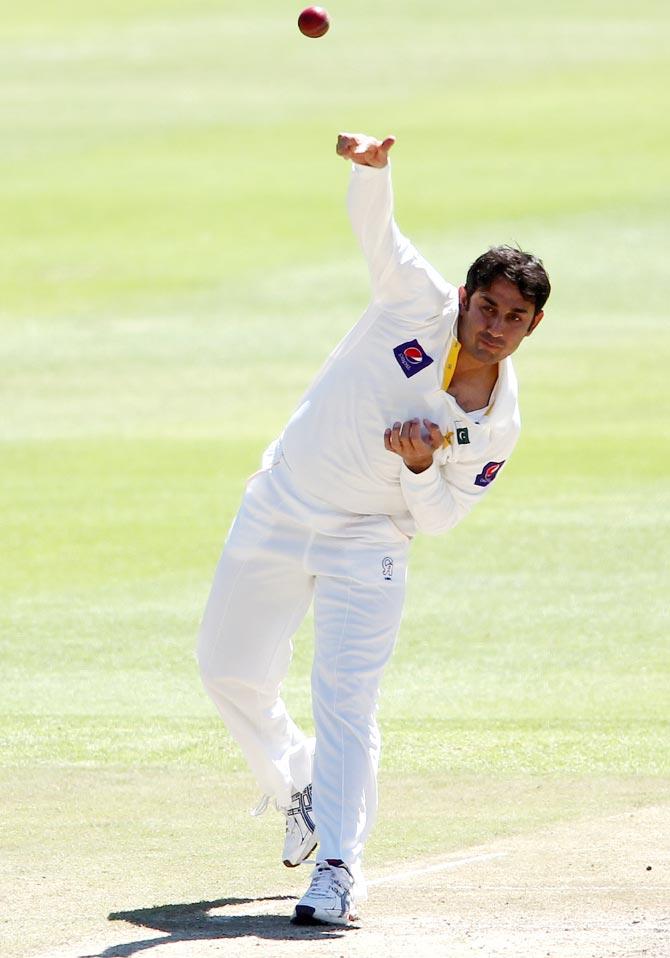
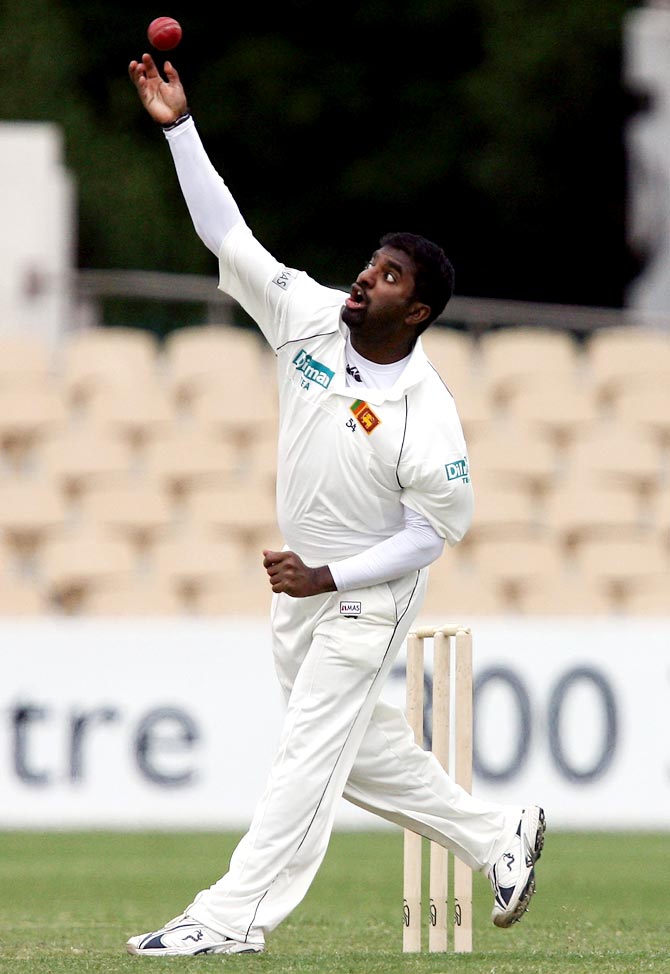
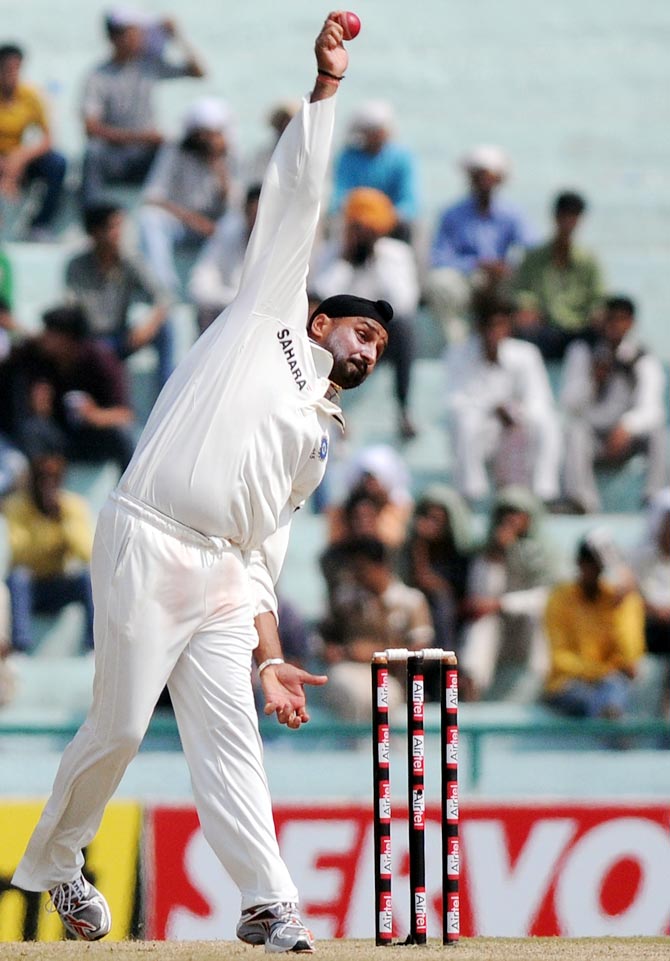
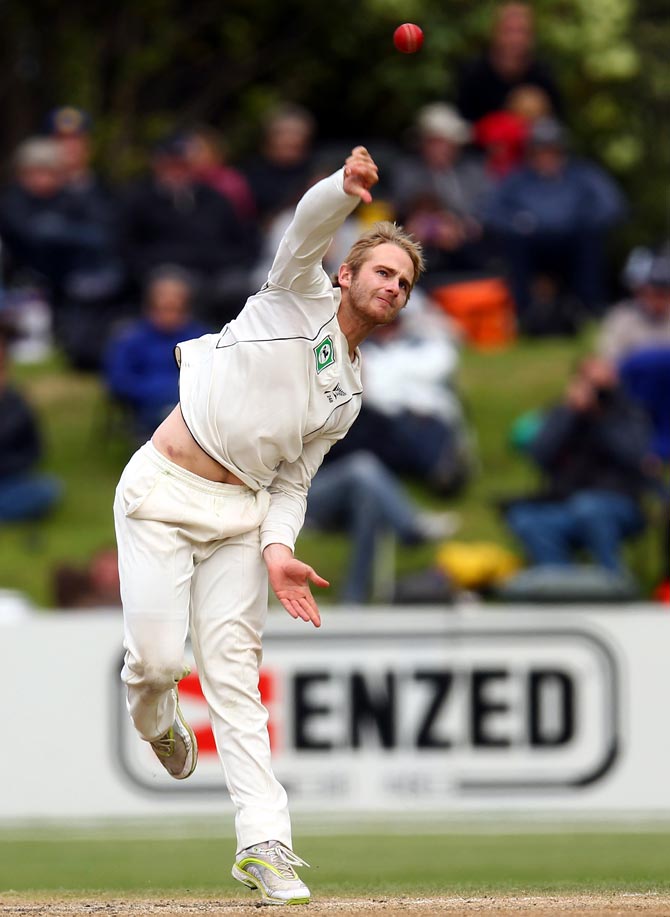
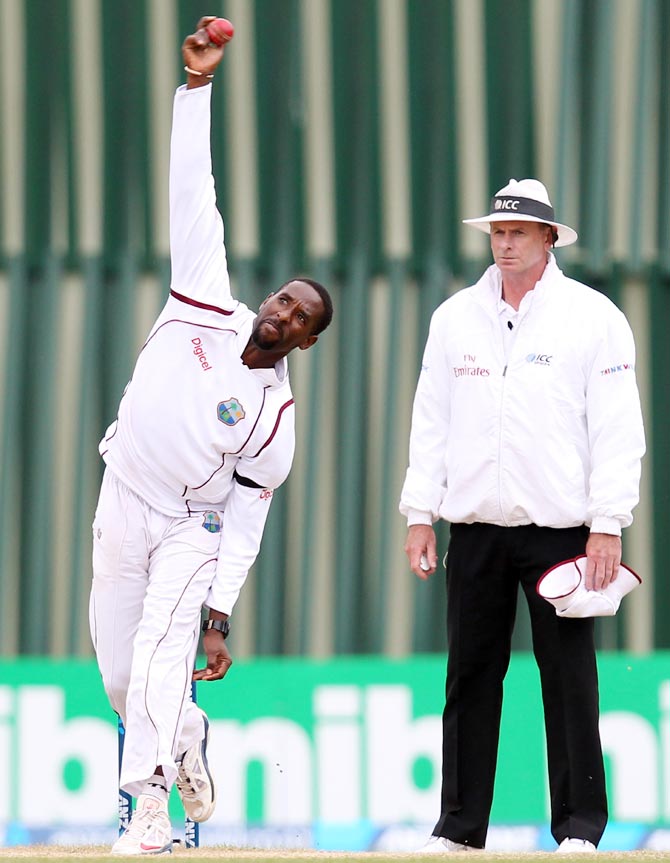
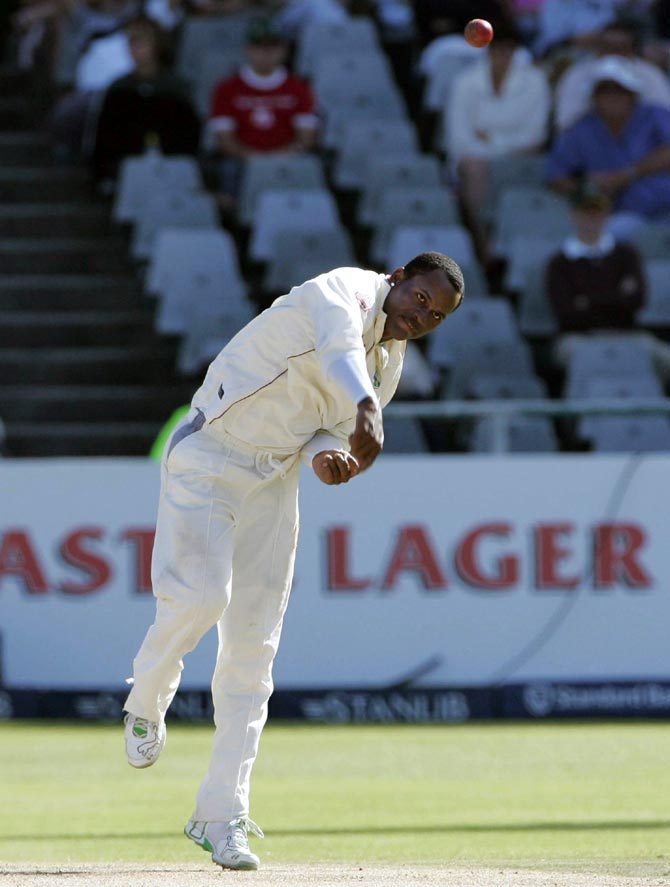
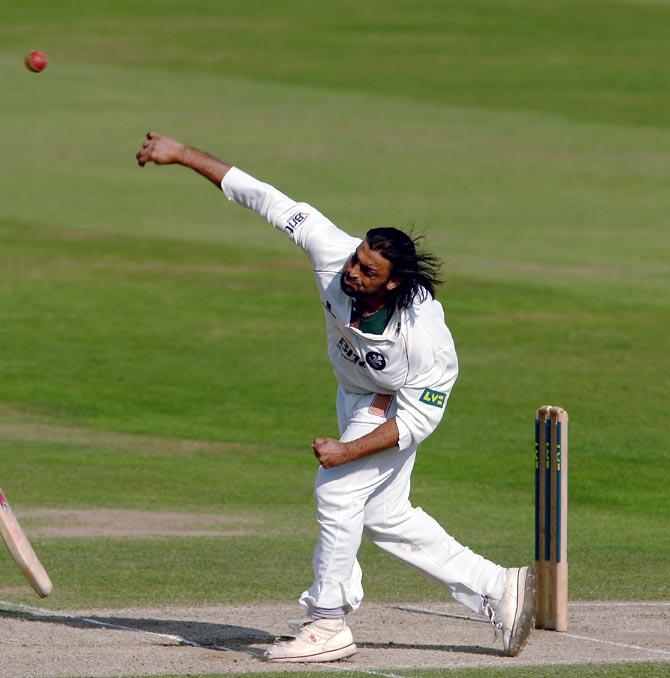
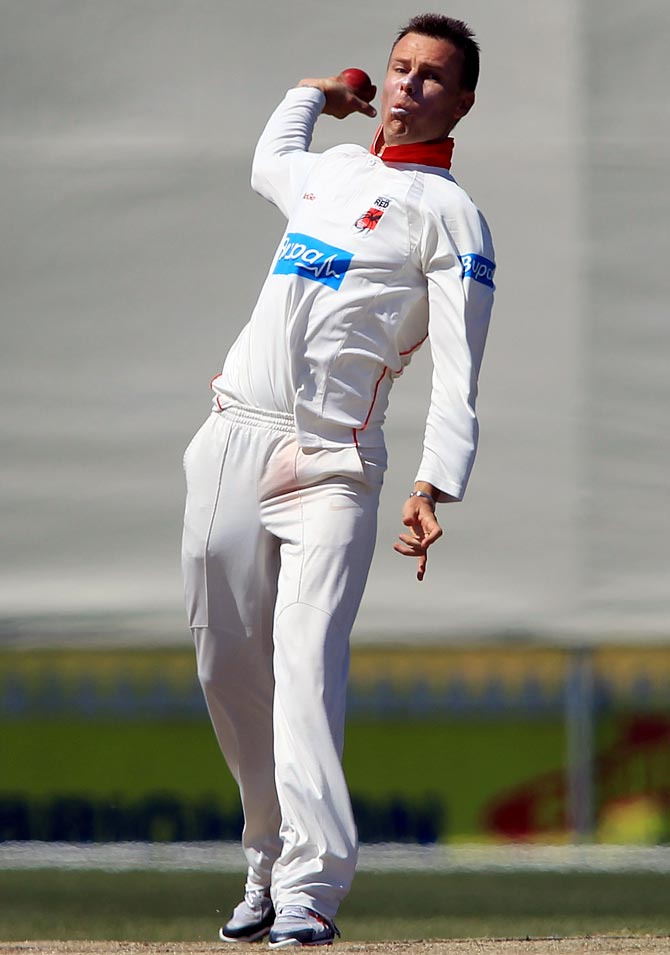
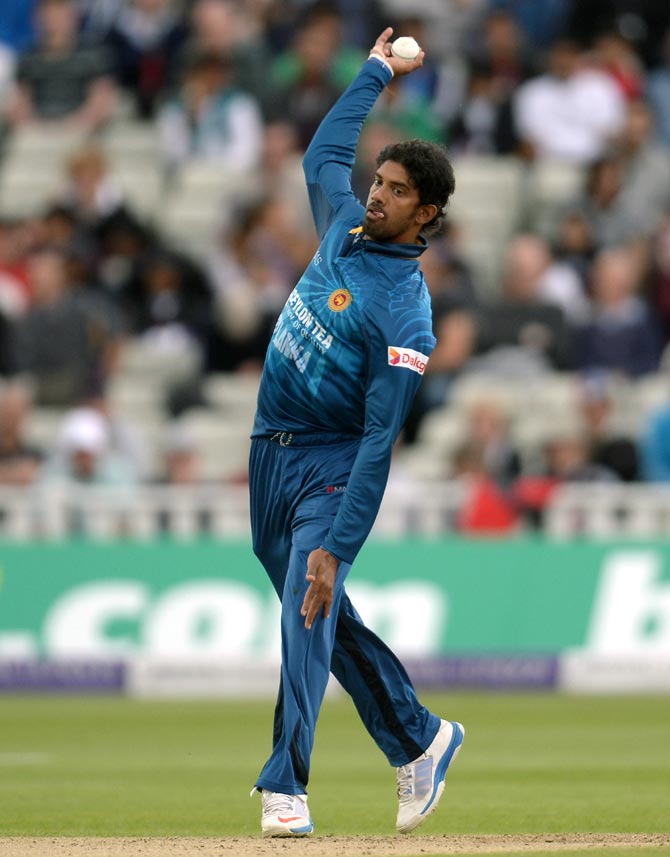
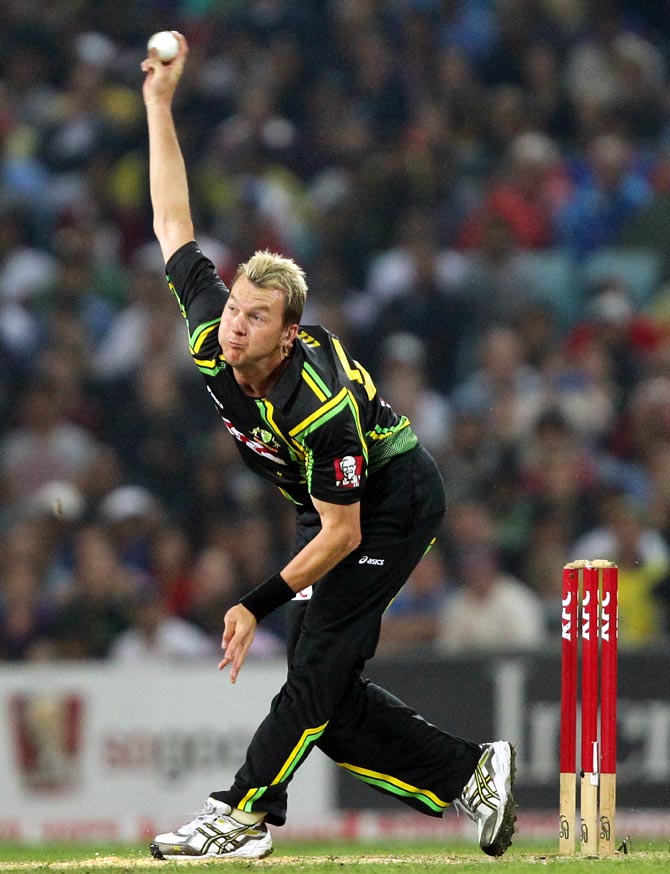
Comment
article